Battles of Islam: The Qur’an emphasizes that war should only be waged for just causes, without the aim of obtaining any material gain. Muslim rulers and Muslim commanders have always been known for their extraordinary bravery and high-level strategies in battles. And even today, there is so much we can learn from the battles that they won as well as the battles that they lost.
What were the Greatest Battles of Islam?
In this post, we have listed down the ten most important battles of Islam and the lessons we can learn from them.
1 – The Ghazwa of Badr – First Battle of Islam
The lesson of the Battle of Badr is that Allah is exceedingly Merciful to His People.
Lesson to learn:
Allah desires to place His followers in paradise, and in order to achieve this, he not only puts them to the test via their actions but also by allowing them to go through trying times.
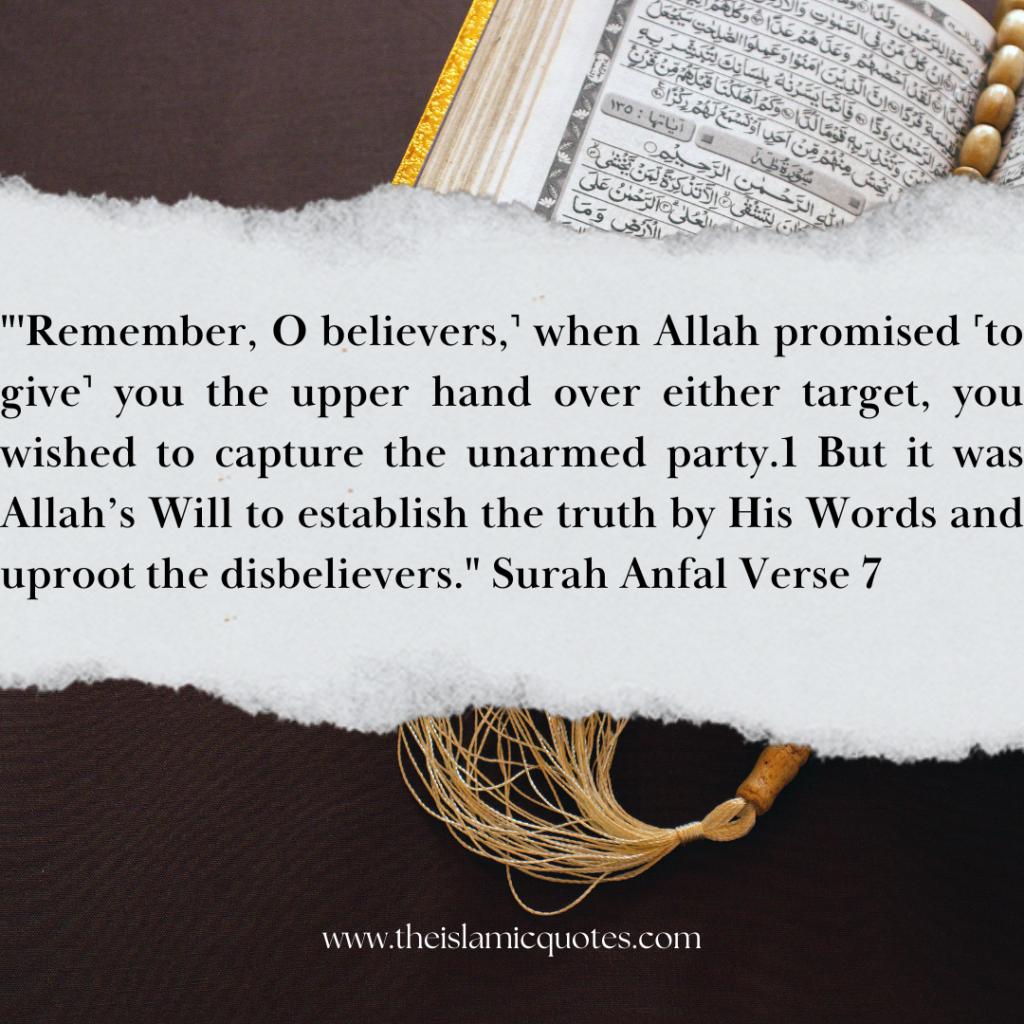
2 – The Battle of Uhud
The Muslims did not lose the Battle of Uhud because they were a smaller or weaker force. Their disobedience caused them to lose.
Lesson to learn:
The Muslim army would not have lost the battle if the archers had followed the Prophet Muhammad’s (PBUH) instructions and stayed put on Mount Uhud. So, the lesson here is that we will truly achieve success by being defiantly disobedient.
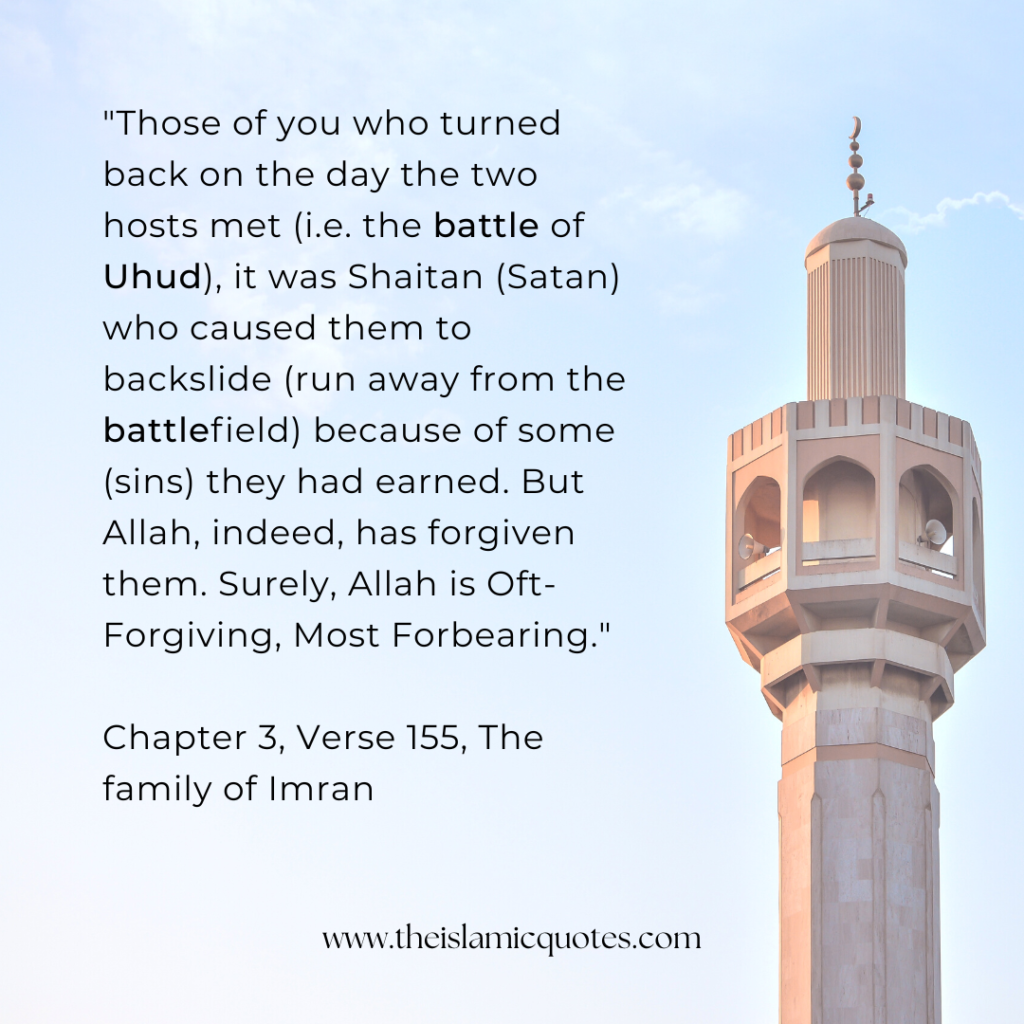
3 – The Battle of Trench
This was a 30-day-long battle between the Jewish and Muslim tribes.
Lesson to learn:
The Muslim army’s patience and tactics during the Battle of Trench taught us to have confidence in Allah SWT and trust that, no matter what occurs, the Almighty is watching over us and that the outcome would ultimately be favorable to us.
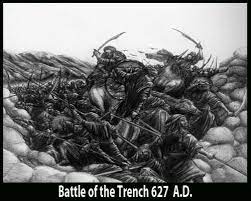
4 – The Battle of al-Abwa
The Prophet’s (PBUH) vigilance and leadership were a means of elevating Allah’s teachings and defending the blood of Muslims. He left to hunt for Quraish and to establish a deal with Banu Damrah to prevent them from attacking Muslims.
Lesson to learn:
Although his Companions advised him to avoid the risky plan but, the Prophet (PBUH) taught a lesson on the fearlessness of a leader.
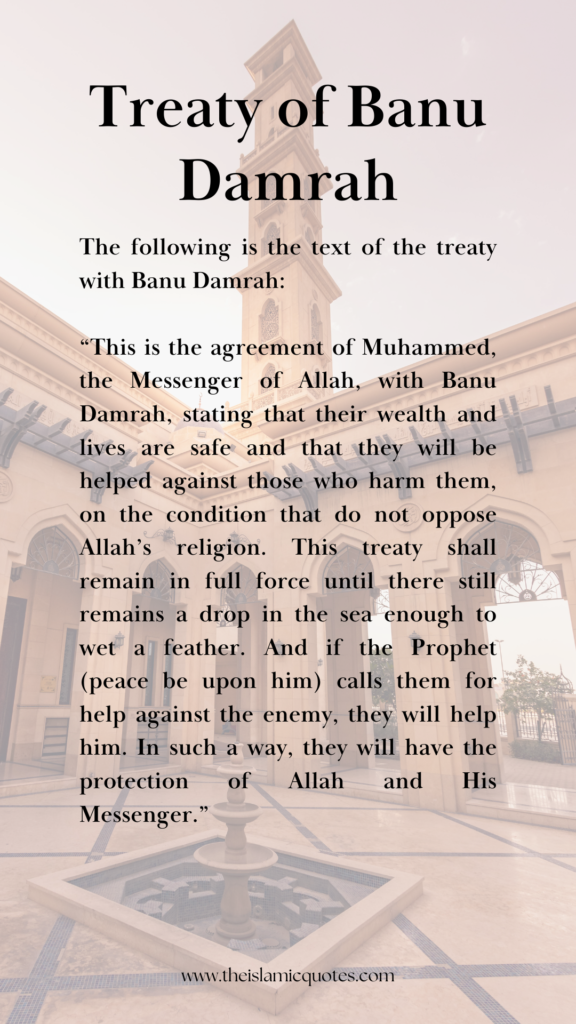
5 – The Battle of al-Qadisiyyah
The Battle of al-Qadisiyyah was fought against the Yazdegerd III’s dynasty, which came to an end with the Arab victory and Islam declared dominance over Persia.
Lesson to learn:
The lesson from this battle is the triumph of the “few over the many” and the victory of sincere believers against the superpowers of those times.
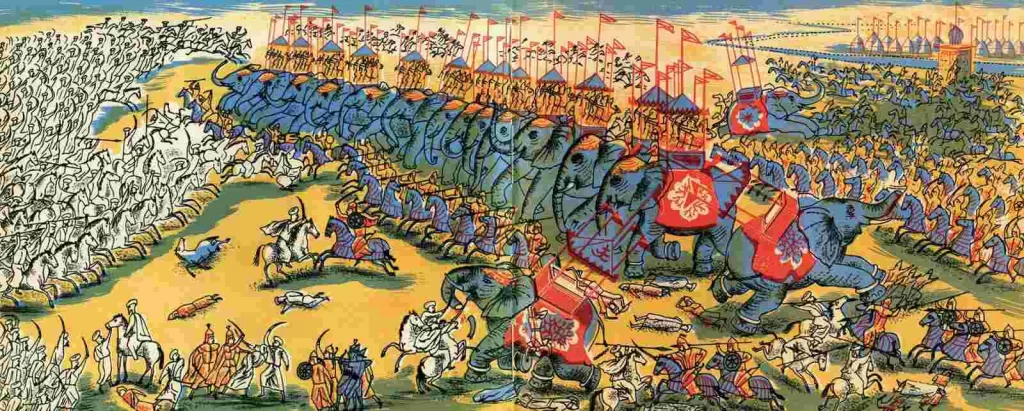
6 – The Ghazwa of the Yarmuk – Biggest Battle of Islam
The Byzantine Empire’s army and the Muslim troops of the Rashidun Caliphate engaged in significant combat in the Battle of the Yarmuk. The fight ended with a decisive Muslim victory, bringing an end to Byzantine sovereignty in Syria.
Lesson to learn:
In military history, the Battle of Yarmuk serves as an example of how even an inferior army can defeat a stronger opponent through superior strategy and tactics.
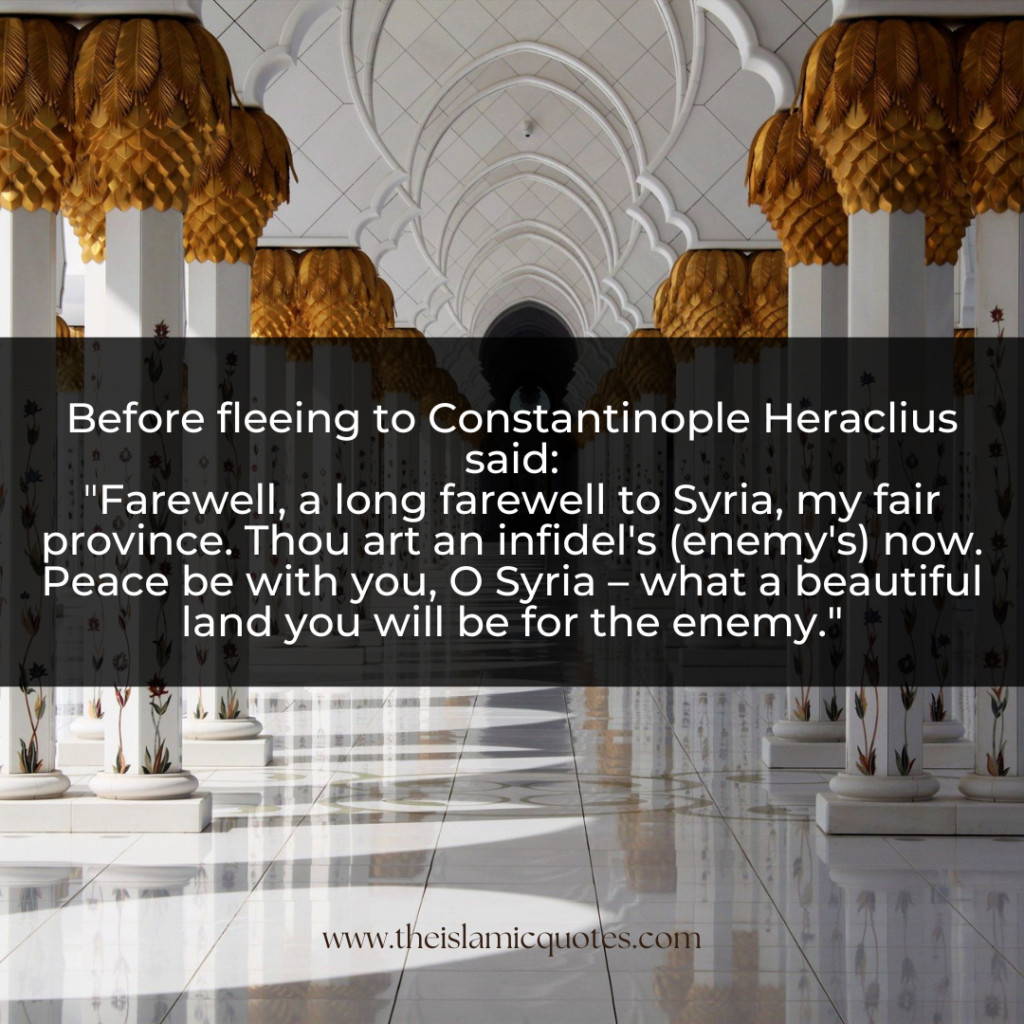
7 – The Battle of Banu Mustalaq
Even though there was no combat, this war is nonetheless one of Islam’s pivotal conflicts. This is because an entire tribe converted to Islam as a result. Additionally, it increased the position of Muslims, their participation in the military and economy, and the expansion of the Islamic faith.
Lesson to learn:
The most prominent lesson from the battle of Banu Mustalaq is that Allah (SWT) exonerates devoted believers.

8 – Fatah E Makkah
Many scholars agree that the conquest of Makkah occurred in the eighth year of Hijri, during the holy month of Ramadan.
Despite the Treaty of Al-Hudaybiyah having strengthened ties between Makkah and Madinah, the Quraish of Makkah and their allies, the Bani Bakr tribe, invaded the Khuzaah tribe, breaking the truce. When the Prophet (PBUH) learned that the Khuzaah, who were allies of the Muslims, had been attacked, He (PBUH) promptly gave the order for his companions to be ready for battle.
Lesson to learn:
The consequences, advantages, and lessons of the capture of Makkah are too many to enumerate here. However, one of the most important lessons is to always show mercy to others, especially when Allah (SWT) blesses you with power and authority.

9 – The Battle of Ta’if
Following their victories in the battles of Hunain and Autas, Muhammad’s followers besieged the city of Ta’if in 630, which led to the battle of Ta’if.
Despite the defeat of Muslims in the battle, the Holy Prophet Muhammad (PBUH) pledged to return to Ta’if during the holy month of Ramadan, during which warfare was forbidden. The Banu Thaqif, who lived in Ta’if, dispatched a delegation to Makkah during this time.
They plotted to have the Holy Prophet Muhammad (PBUH) killed while demanding that he grant them three years to continue worshiping their goddess Al-lt. When this plot was uncovered and their trap failed, Holy Prophet Muhammad (PBUH) rejected the offer and demanded that they disarm before he would accept their surrender.
The Banu Thaqif eventually agreed to Holy Prophet Muhammad’s (PBUH) request, surrendered, and enabled the Muslims to enter their city.
Lesson to learn:
One of the most prominent lessons we can take from the battle of Ta’if is to be patient and never lose hope. There will be times when things seemingly don’t work for us but, we must have faith that whatever happens, there is some good behind it. Indeed Allah is the best of planners.

10 – The Battle of Hunain
Meccans had a long-standing rivalry with the Hawazins. Their area was next to the trade route leading to Al-Hirah in Iraq and was situated northeast of Mecca.
The Thaqifs, who had relocated to Ta’if, a city southeast of Mecca with trade links across Hawazin land, had aligned themselves with the Hawazins. The trade routes between Ta’if and Mecca were likely the focus of the alliance’s several conflicts.
Given this background, they perceived Muhammad to be yet another strong Quraishi leader who had come to rule his people.
Lesson to learn:
Undoubtedly, the most significant lesson from the battle of Hunain is to never lose sight of the power and mercy of Allah (SWT), who is the true source of all power. Numbers alone do not guarantee success. A man shouldn’t become arrogant or despairing as a result of winning or losing.
If you feel that you struggle with anger issues, I would highly recommend going through this post on Powerful Duas to Control Anger & Other Negative Emotions.

Rules of War in Islam – (Given by Prophet Muhammed)
Apart from the various lessons of these battles, we also need to understand the guidelines given by Prophet Muhammad:
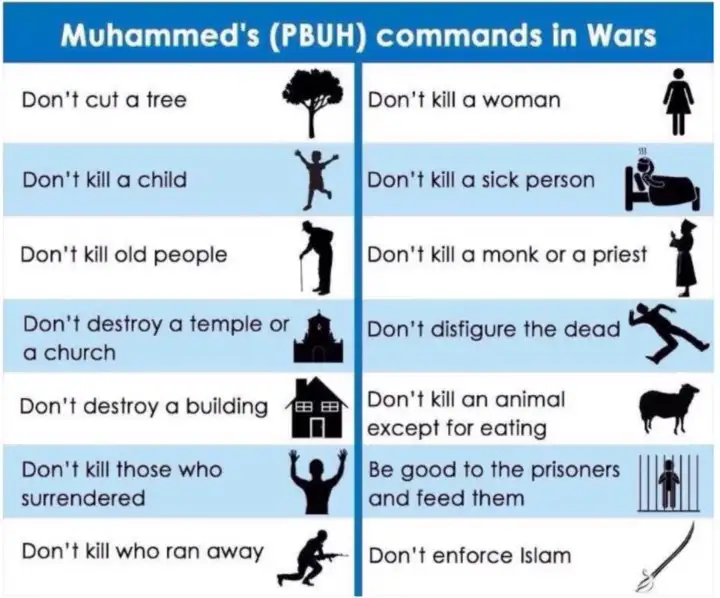
FREQUENTLY ASKED QUESTIONS (FAQs)
Q. Which was the 1st Battle in the Islamic history?
The Battle of Badr was the first major battle in Islamic history. The battle was fought between Muslims and the Quraysh. The war involved over a thousand soldiers and lasted several hours. Eventually, it was decisively won by the Muslims.
Q. Which is the biggest Battle in Islamic history?
The battle of Yarmuk is referred to as the biggest and one of the most vicious battles of Islam. It heralded the swift expansion of Islam into the then-Christian Region and was the first significant wave of early Muslim conquests after the demise of the Holy Prophet Muhammad (PBUH).
Q. How many battles did Islam fight?
There is no specific or authenticated number of battles of Islam. However, during the period of His (PBUH) revelation, the Holy Prophet Muhammad (PBUH) led up to 80 military expeditions as per the Islamic scholar namely, Maulana Wahiduddin Khan.
Q. Which was the last Battle of Islam?
In October 630, Muhammad commanded his final army in the Battle of Tabuk. By the time of his passing in 632, Muhammad had succeeded in unifying the majority of the Arabian Peninsula, setting the groundwork for the following Islamic conquest by the caliphates and establishing Islamic military law.
Q. Who was the best fighter of Islam?
One of the finest and bravest soldiers was Hazrat Ali. He is well renowned for having contributed significantly to the Battles of Badr and Khyber.


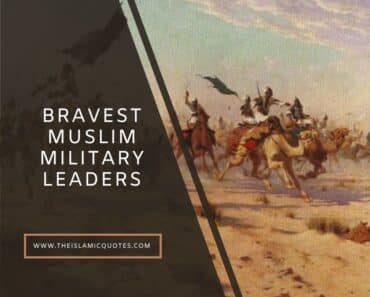




This is good thank you